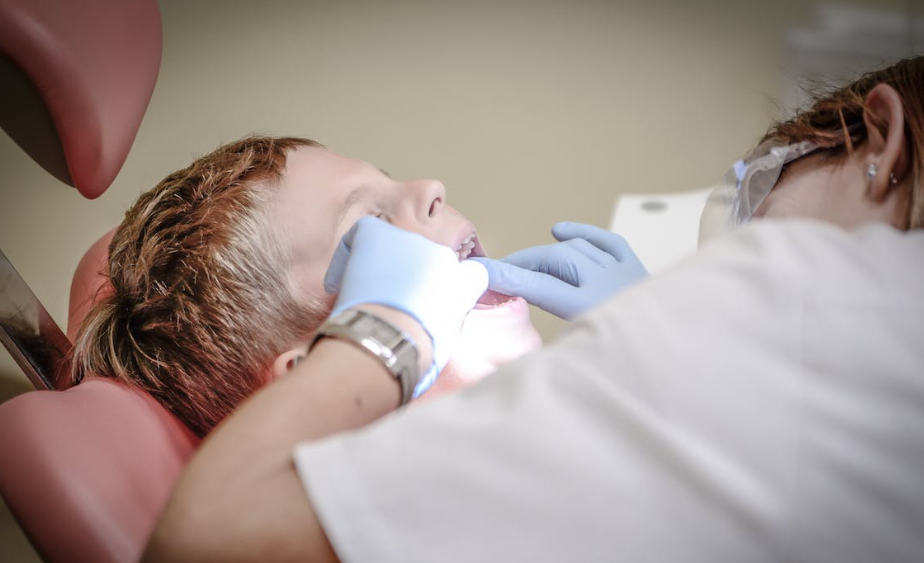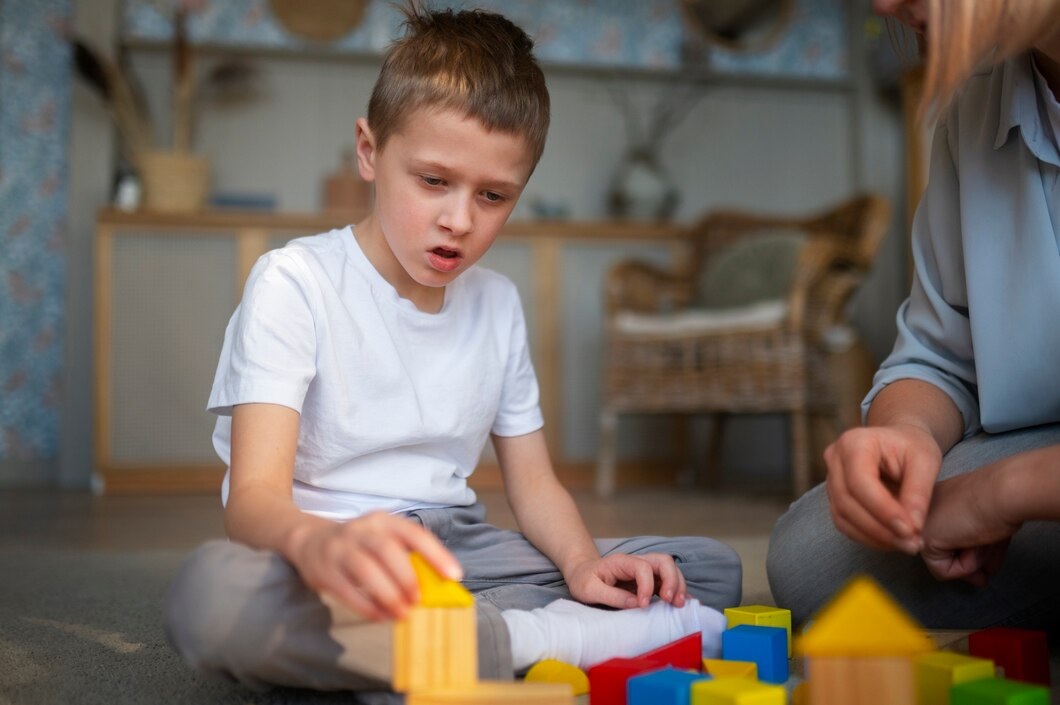
Oral health, especially in children, is a critical aspect of overall health that often goes undervalued. The condition of a child’s mouth is intrinsically connected to their general health, demonstrating the interconnected nature of our body’s various systems. Paediatric dental issues can potentially affect the entire body, emphasising the necessity of good oral hygiene habits from an early age.
Understanding the Mouth-Body Connection in Children
A child’s mouth is a bustling ecosystem of bacteria, most of them harmless. However, without regular and effective oral hygiene practices, harmful bacteria can proliferate, leading to oral infections like tooth decay and gum disease. These conditions are especially concerning in children, as their immune systems are still developing.
The Oral-Systemic Link in Children: Impact on Overall Health
Emerging research has repeatedly illustrated the link between oral health and various systemic diseases and conditions in children. The presence of poor oral health in a child isn’t just a concern for dentists; it has implications for their overall health.
Cardiovascular Disease
While children are not typically at risk for conditions such as heart disease, clogged arteries, or stroke, the development of good oral hygiene habits can prevent future risks. Inflammation and infections that oral bacteria can cause have been linked with cardiovascular conditions, emphasizing the importance of early preventive measures.
Paediatric Infectious Diseases
Childhood infections, though usually not as severe as endocarditis, can occur when bacteria from the mouth spread through the bloodstream and affect other parts of the body. This possibility underscores the importance of maintaining good oral hygiene practices in children.
Implications for Future Pregnancies
While not an immediate concern, instilling good oral health habits in girls can have significant implications for their future pregnancies. Poor oral health has been linked to premature birth and low birth weight, causing potentially serious complications for both the mother and the baby.
Respiratory Diseases
Certain bacteria present in the mouth can lead to respiratory infections in children, including pneumonia. This instance illustrates how an issue that begins in the mouth can affect more remote parts of the body.
The Imperative of Good Paediatric Oral Health
Good oral and dental hygiene can help prevent bad breath, tooth decay, and gum disease in children. More importantly, it can safeguard their overall health. To ensure optimal oral health in children, here are some guidelines to follow:
Brushing Teeth
Children should brush their teeth at least twice a day, and preferably after meals, using toothpaste fortified with fluoride, which helps to protect against tooth decay. Parents should supervise brushing until children are old enough to do it effectively themselves.
Flossing
Flossing is often overlooked but is a vital aspect of oral hygiene in children. It helps remove the tiny food particles that get lodged between their teeth, where brushing alone may not reach.
Adopt a Healthy Diet
A balanced diet, low in sugar and high in fruits, vegetables, lean proteins, and unsaturated fats can help protect children’s teeth by providing the necessary nutrients for oral health.
Regular Paediatric Dental Checkups
Regular dental checkups and cleanings at your paediatric dentist clinic can either prevent oral health issues or spot them early when they’re most easily treatable.
Oral Care: A Picture of Your Child’s Health
In essence, your child’s oral health is a telling reflection of their overall health, offering clues about their systemic health conditions and how they might impact their entire body. Maintaining good oral health isn’t just about sustaining a radiant smile; it’s an integral aspect of a child’s comprehensive wellbeing. Remember, keeping your child’s mouth healthy is crucial as it’s a clear window into the health of their body.



